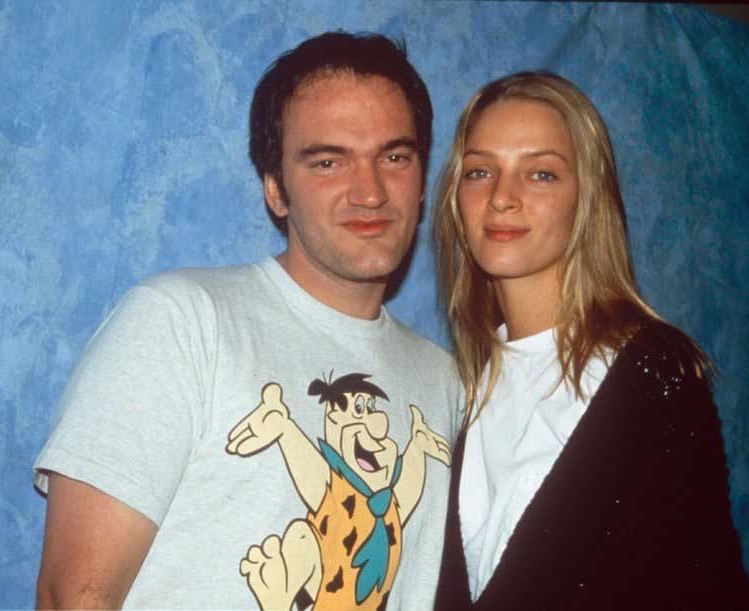Quentin Tarantino is an American filmmaker, widely considered by many to be an auteur. Characterised by nonlinear narratives, embellished violence, long monologues, profanity, and references to pop culture, each of Tarantino’s nine films hold an important place in cinematic history.
Tarantino’s origins are unequivocally humble – one of his first jobs was working at Video Archives (a video rental shop) in California. He was well-liked among the regular customers and was regarded as highly proficient in both film knowledge and recommendations. Tarantino began his filmmaking career by writing a number of screenplays after being encouraged by producer Lawrence Bender, culminating in the incomplete short film, My Best Friend’s Birthday (1987). Despite not amounting to a finished product after much of the film was destroyed in a fire, Tarantino’s many screenplays began to gain a level of notoriety among producers. After Harvey Keitel, an actor of the 1970s, became enamoured with one of Tarantino’s screenplays, he was able to write, direct, and act in Reservoir Dogs (1992) – a low-budget crime thriller featuring a dialogue-driven narrative set in a single location. The film also starred Keitel, alongside kicking off the careers of well-respected actors such as Steve Buscemi and Tim Roth. Being screened at the Sundance festival that year, the film received immediate acclaim from audiences and critics.
Afterwards, Tarantino sold two of his previously written screenplays to studios to create True Romance and Natural Born Killers, both of which featured Tarantino’s name heavily on the respective posters. Audiences soon eagerly await Tarantino’s next film, of which he kept important details other than the title – Pulp Fiction – under wraps. Upon release, the film received immediate critical acclaim and five Oscar nominations, with Tarantino winning the Academy Award for Best Original Screenplay. By this point, Tarantino had established himself as a highly prominent and notable auteur, going on to create seven more films, including: Kill Bill (2003), Django Unchained (2012) and Once Upon a Time in Hollywood (2019). Throughout Tarantino’s body of work, certain directorial tropes are ubiquitous throughout each, making the film indicative of Tarantino’s creative influence. Including nonlinearity, stylised violence, explicit language, and compiled scores featuring songs from the 1960s and 70s, many of these tropes can be traced back to the very start of his filmography.
Tarantino also chooses to reuse many familiar names to create an ensemble cast within each of these films. Including the likes of Samuel L. Jackson, Uma Thurman, Tim Roth, and recently Brad Pitt, Tarantino’s eclectic cast of actors greatly contributes to the popularity each of his films garner.
